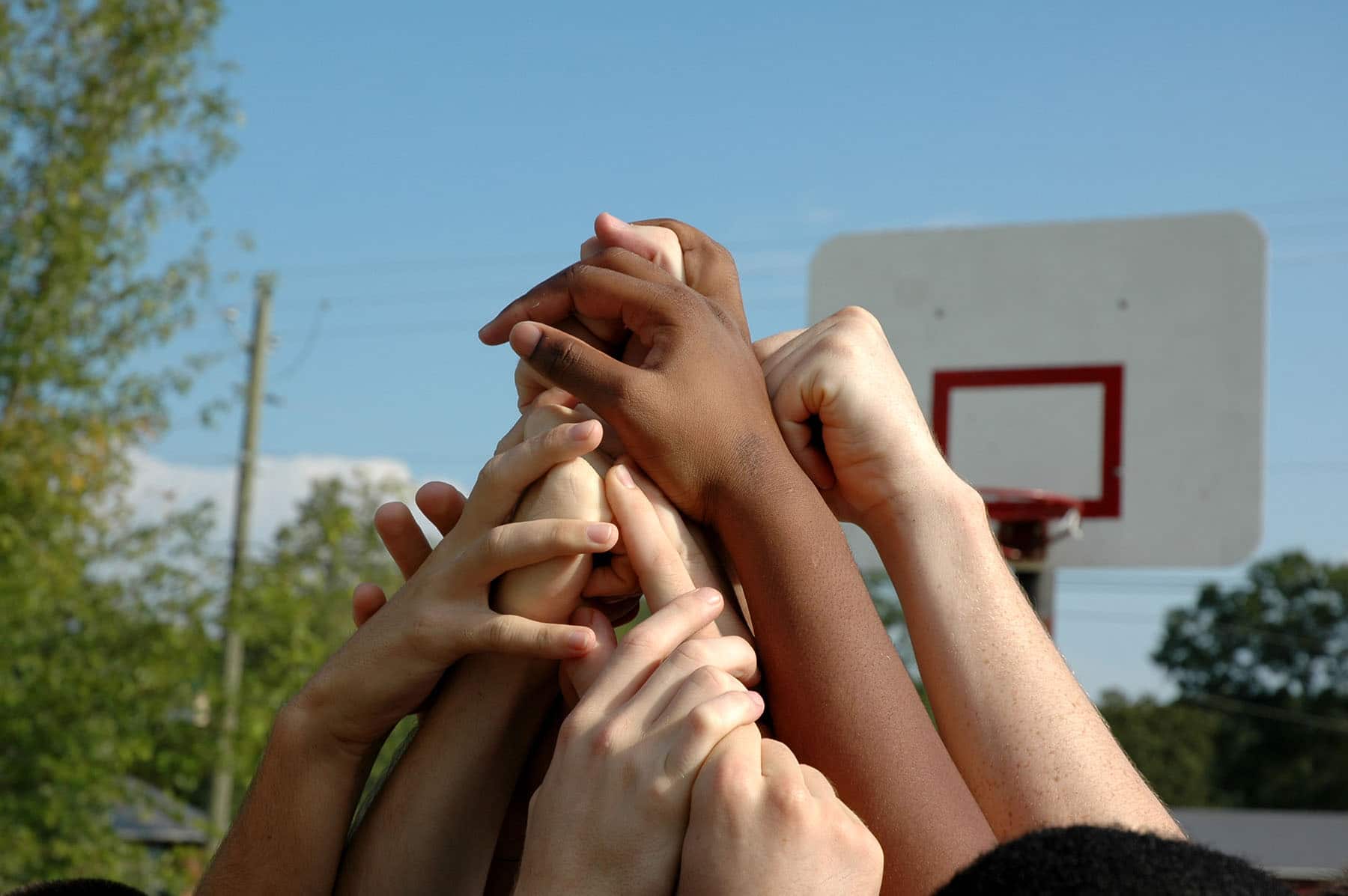
The best intentions can have unintended consequences. Eliminating racism and uplifting Black communities are the most noble of intentions. But we are falling into a negative and demoralizing approach that will set back racial progress rather than move it forward.
One example is a United States Commission on Truth, Racial Healing, and Transformation recently proposed by Congressional representatives. The title sounds hopeful, but the actual resolution makes America look like an incorrigibly racist country that must be put on trial.
The resolution acknowledges that while slavery came to our land 400 years ago, it “subjugated African Americans” for 250 of those 400 years. What happened over the ensuing 150 years? Well, progress happened, but the resolution glosses over that. Instead, it focuses on “a legacy of this oppression that haunts us to this day.”
This is the crux of the longstanding debate over racism: What better defines America — the arrival of the first slave ship in 1619 or the long arc of justice since the founding of the country in 1776?
It’s more dramatic, certainly, to argue that America has been irredeemably racist since 1619. But this ignores the progressive movement of history. As far back as 1998, a research study from Brookings concluded that “Progress is the largely suppressed story of race and race relations over the past half-century.” Among the study’s findings:
“In 1940, 60 percent of employed black women worked as domestic servants; today [1998] the number is down to 2.2 percent, while 60 percent hold white- collar jobs.
“In 1958, 44 percent of whites said they would move if a black family became their nextdoor neighbor; today the figure is 1 percent.
“In 1964, the year the great Civil Rights Act was passed, only 18 percent of whites claimed to have a friend who was black; today 86 percent say they do, while 87 percent of blacks assert they have white friends.”
This has never meant that we should be satisfied with progress. We still have a long way to go. Progress should never stop. But it’s dishonest, if not counterproductive, to downplay America’s long history of racial progress, however halting and imperfect it has been.
Today’s activists against “systemic racism” seem to do just that. When they bring up history, it’s to focus on the sin rather than the long arc of progress. Strategically, that may make sense. The more racist America looks, the more attention and power the anti-racist movement will attract.
We pay a price, however, for ignoring progress. For one thing, it’s demoralizing. It lowers our collective self-esteem. If we’re constantly being told that we’re a hopelessly racist nation, what is there to love? Why put in the effort?
More importantly, how does the noise around systemic racism actually uplift Black communities? Does it improve education in the inner cities? Does it reduce violence, drug use and social decay?
A useful national conversation must begin right there, with the real impact of the anti-racist movement on Black communities.
But instead of focusing on, say, improving educational opportunities for Blacks, the “1619” movement seems more focused on changing the education of whites. Critical Race Theory is now all the rage throughout American schools. The New York Times’ 1619 Project has entered the formal curriculum in a growing number of schools.
This new direction maximizes white guilt while maximizing Black victimhood. The gains from such an approach are more cosmetic than real. Corporations put the Black Lives Matter logo on their websites, inclusion training sprouts everywhere, and performative social justice rules.
In San Francisco, for example, the Unified School District decided that Abraham Lincoln High School will be renamed because the 16th president “did not show through policy or rhetoric that black lives ever mattered” to him. How will this actually improve education?
The ones who win most in this agitation are not those suffering on the streets but activists who gain more power. Their currency, their source of power, is permanent victimhood.
As a result, instead of mending our racial divisions, we are highlighting them. Instead of looking toward Barack Obama’s hopeful “Promised Land” (the title of his new book) or Martin Luther King’s “I Have A Dream” speech, we’re stuck on a static 400-year legacy of racist oppression that “haunts us to this day.”
Telling America it is irredeemably racist undermines faith in our country. It encourages the taking down of institutions rather than their reform. It fosters a cancel and revenge mindset.
Progress, however halting, feeds on itself. It is empowering. It reminds us that we can do it, because we’ve done it before.
The alternative is to recognize that the founding ideals of 1776 provided the remedies that have nourished the long arc of justice. Progress, however halting, feeds on itself. It is empowering. It reminds us that we can do it, because we’ve done it before.
The more we can acknowledge past progress, the more we will encourage future progress, the more we will help those who need it most.
That intended consequence can be called systemic progress.
Related posts:
Views: 0
 RSS Feed
RSS Feed

















 December 17th, 2020
December 17th, 2020  Awake Goy
Awake Goy  Posted in
Posted in  Tags:
Tags: 
















